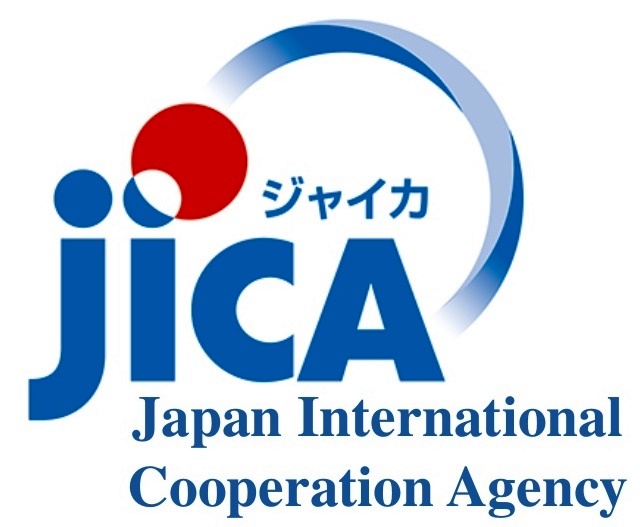The 2023 Knowledge Co-Creation Programme (KCCP) running from Date:2nd October to 7th October, 2023
Knowledge Co-Creation Program (KCCP)
Enhancing Teacher Professional Growth in STEM Education:
Towards Effective STEM Learning Outcomes
KCCP (Knowledge Co-Creation Program) is a prominent initiative implemented by JICA (Japan International Cooperation Agency) as part of its third-country programs. KCCP aims to facilitate knowledge exchange, capacity building, and human resource development in partner countries, contributing to their sustainable development.
Read more about KCCP...The 2023 Knowledge Co-Creation Programme (KCCP)
- Sharing Experiences on Third Country Training Programme (TCTP) Activities
- STEM Education Country Policies
KCCP Alumini Portifolio
Testimonial from KCCP Alumini
Zambia 🇿🇲
In reflecting on my teaching journey, I've found that constant syllabus review is key to maintaining effectiveness in the classroom. Moreover, my curiosity about the KCCP project has been insatiable, as I see it as a pathway to enhancing my teaching skills significantly. Additionally, when crafting lesson plans, I've come to recognize the importance of incorporating five essential skills: creativity, communication, acquisition, manipulation, and organization. Lastly, by taking ownership of the curriculum, I aim to cultivate well-rounded, innovative African learners primed for success in the 21st century.
Ethiopia 🇪🇹
Exploring writing topic values has underscored their importance in educational planning, while exposure to diverse lesson plans from different countries has provided valuable learning experiences. Understanding the necessity for clarity in lesson plan development is paramount to avoiding student confusion. Collaboratively striving to create a unified African lesson plan on a specific topic has not only been rewarding but has also facilitated mutual learning among colleagues. This collaborative effort fosters creativity and innovation, leading to richer educational outcomes for students across the continent.
Malawi 🇲🇼
After today's session, I've gained valuable insights. Firstly, I observed effective STEM teaching methods. Secondly, I learned about the crucial role of NSC in fostering student innovation protection, especially in Malawi where patent policies are lacking. Lastly, I discovered how students are engaged in coding and robotics activities beyond regular classes, offering them valuable skills. Initially, I misunderstood NSC's involvement in innovation support, but now I see its significance. Moving forward, I believe Malawi needs increased collaboration to protect and promote student innovations effectively.

